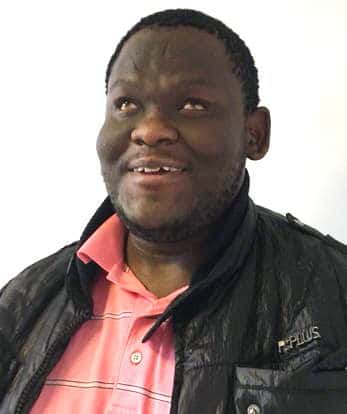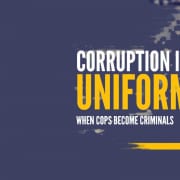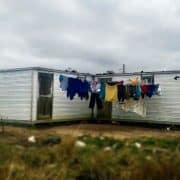|
Getting your Trinity Audio player ready...
|
By Melusi Ncala
First published in Bosveld Review
Childhood memories are often coloured by sunny days, clear and cool swimming pools, conversations filled with laughter, and tasty boerewors rolls and salads. This hive of activity takes place in a sizable yard where the lawns are neatly cut, green trees are perfectly pruned and there is a firm foundation on which a face brick house stands tall. These images are some of the hallmarks of a place that many of us fondly call home.
Unfortunately, this happy imagery is a stark contrast to many South Africans’ existence. Rather, they live in the dusty streets of informal settlements in flimsy corrugated iron shacks. Their most impressionable dream when they find themselves protecting their meagre belongings from the elements and criminals, is to squat in a magogo’s backroom in a township or to hope that their employer will be merciful by granting them the privilege to reside in a shed that is near to the garden. This is the harsh reality for millions of residents – especially those who form a significant constituent of the estimated 30.4-million people who are living in poverty, according to StatsSA.
What is truly troubling is that the homelessness found in South Africa’s impoverished communities can be alleviated in some respects were it not for the greed of those whom we have entrusted with power. The 570 reports of housing-related corruption that I have tracked during my tenure as researcher at Corruption Watch speak to this issue. Ever since the establishment of the organisation back in early 2012, people across the country have contacted our team to inform us of the corruption that is corroding the housing sector – this includes municipalities, provincial and national departments, and businesses.
I read with astonishment and great sadness about the plight of the reporters whose circumstances have arisen not only from past injustices, but also from the dishonesty of current politicians, businesspersons and, ironically, public servants. Applicants for government-subsidised houses, who have been on waiting lists for decades, recount allegations of officials possessing, and selling or renting out, houses obtained through fraudulent means. A substantial 14% of the reports attest to the accusation.
Perhaps most appalling is the 20% of our reporters who claim that there are serious irregularities in the processes for the allocation of Reconstruction Development Programme houses. These cases mainly implicate elected counsellors who unashamedly give preferential treatment to friends and family members, placing them in houses that were already designated for persons who have been waiting for months and sometimes years.
If anything, these statistics depict a deplorable state of affairs that have left me dejected and disappointed. It is deeply concerning that in picking up the pieces of our dark history and building a new South Africa, there are those who seek to undermine the laws of the country, violating many of our people’s constitutional right to housing. But there is hope, for there are those who are clearly willing to expose the rot by blowing the whistle on the corrupt.
I am a product of those who were marginalised by our brutal society, which explains then why I take this issue to heart. My grandparents, who were viewed and treated as outcasts by the system, bent their backs for long years, saving their wages to buy material to make bricks for the average township abode that became known as ekaya to me. But their calloused, generous hands did not rest as they worked more feverishly to obtain another house and all of this was to provide shelter to their offspring. For this, and for the fact that my mother managed to house us in a section of the city that has now become run down, I am eternally grateful. I somehow escaped the squalor that so many of my people struggle against daily, but still, the comforts of that fantasy home remain out of reach.
As a person living with a disability, Melusi Ncala attended Prinshof School for the Blind in Tshwane and after matric he studied for, and obtained, a B.Ed and M.A. at Wits University. During his successful academic career he garnered several awards and served as deputy chairperson of the Disability Awareness Movement at the university. He currently works as a researcher for Corruption Watch, where his work includes, but is not limited to, data analysis, drafting/editing of research reports and providing input in advocacy programmes.









